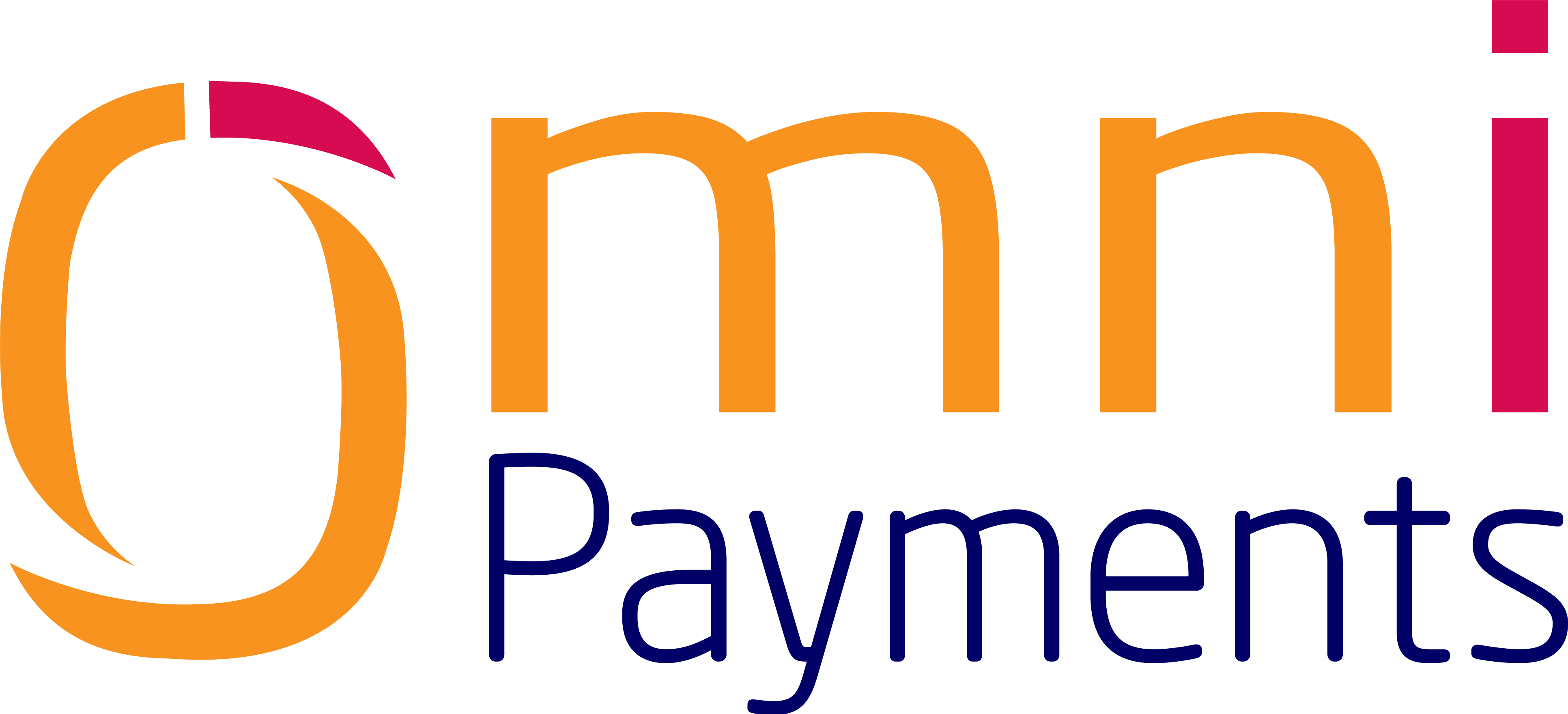In 2025, mobile wallets aren’t just about making payments,it’s more of a user experience. People usually don’t like cluttered information and hard navigation. People want apps that are fast, easy to use, and offer great rewards. These brands and wallet providers bring different offers, rewards, and a good experience, so that the user does not need to choose any other option.
Mobile Wallet Competition Boom
- Apple Pay leads premium markets with friction-free in-app and NFC tap-to-pay adoption across 90% of U.S. retailers.
- Google Pay excels in ecosystem ubiquity—Android, Wear OS, Chrome—boasting 1.5 billion monthly active users globally.
- India’s UPI Lite surge democratizes micropayments, with 300 million wallets enabling pay-as-you-go offline and low-data environments.
Feature-by-Feature Comparison: UX, Security, Integration
| Feature | Apple Pay | Google Pay | UPI Lite |
| User Experience (UX) | Native iOS design; Face/Touch ID | Material-design; mixed biometrics | Minimal UI; low-bandwidth optimized |
| Security | Secure Element; tokenization | Google Titan Chip; cloud tokens | Bank-grade NPCI-certified tokens |
| Merchant Integration | Tap to Pay; in-app wallets | In-app, web, wearables, Chrome | QR-based; NFC pending; SMS fallback |
| Developer API | PassKit; WalletKit | Google Wallet API; Pay API | UPI Intent: SDK for feature phones |
| Rewards & Loyalty | Apple Card Daily Cash | Google Pay Rewards; Scratch Cards | Bank/brand co-branded offers |
UPI Lite and Low-Data Payment Ecosystems
UPI Lite’s 2025 momentum is rooted in:
- Offline-First UX: Transactions succeed over SMS or low-speed connections in remote areas.
- Account Autonomy: No full KYC for sub-₹20K wallets, boosting sign-ups among unbanked populations.
- Seamless QR & SMS Fallback: QR codes degrade gracefully to SMS OTP for merchants lacking terminals.
Buy-Now-Pay-Later Integration & Loyalty
BNPL Convergence:
- Apple Pay partners with Affirm and PayPal for split-pay at checkout.
- Google Pay introduced “Pay Later” within its wallet app, and 66% of Gen Z users choose BNPL over credit cards.
Embedded Loyalty:
- Starbucks via Apple Wallet: auto-apply stars and gift cards at tap.
- Google Pay’s “Loyalty Hub” aggregates airline miles, retail points, and crypto rewards.
- UPI Lite’s bank-wallet partnerships yield co-branded “microloyalty” for transit and corner stores.
Voice & Wearable Payments
Voice Commerce: Siri and Google Assistant can now process transactions up to ₹2,000 without biometric prompts. Early adopters (15% in the U.S.) reorder essentials via voice.
Wearable Payments:
- Apple Watch Ultra 2: In-band payment retry ensures wrist-only tap success.
- Wear OS 4: NFC-only coins for secure lab-free transport payments in Europe.
These friction-free touchpoints create “always-on” wallets, particularly in fitness and IoT contexts.
Consumer Insights
- Transaction Speed (63%): Zero-click checkouts and auto-top-ups.
- Instant Rewards (57%): Real-time cashback and rewards
- Simplicity (52%): One-tap payments, bundled bill splits
- Security Assurance (49%): Transparent tokenization, quick lock/unlock features.
People value fast rewards and smooth use over having many services.
Solutions for Wallet Integration and White-Label Wallets
With the White-Label Wallet Platform, you can launch your wallet app with your name and style. It’s safe, easy to customize, and ready in just 60 days.
The Embedded Finance Suite lets you add useful features like buy now, pay later, savings pockets, small insurance plans, and your own rewards program.
The Smart Routing Engine handles payments smartly by picking the cheapest and most reliable option, like NFC, QR, UPI, or even SMS, based on where the user is.
And if you’re building the app, the Developer Toolkit gives you simple tools (APIs and SDKs) that work with iOS, Android, websites, and even basic phones, so everything works together easily.
Conclusion
Platforms that combine quick satisfaction with dependable performance across devices and data conditions will win the wallet battle in 2025. Companies can speed up go-to-market, instill loyalty naturally, and meet changing consumer demands for simplicity, speed, and rewards by utilizing white-label solutions like Omni.






